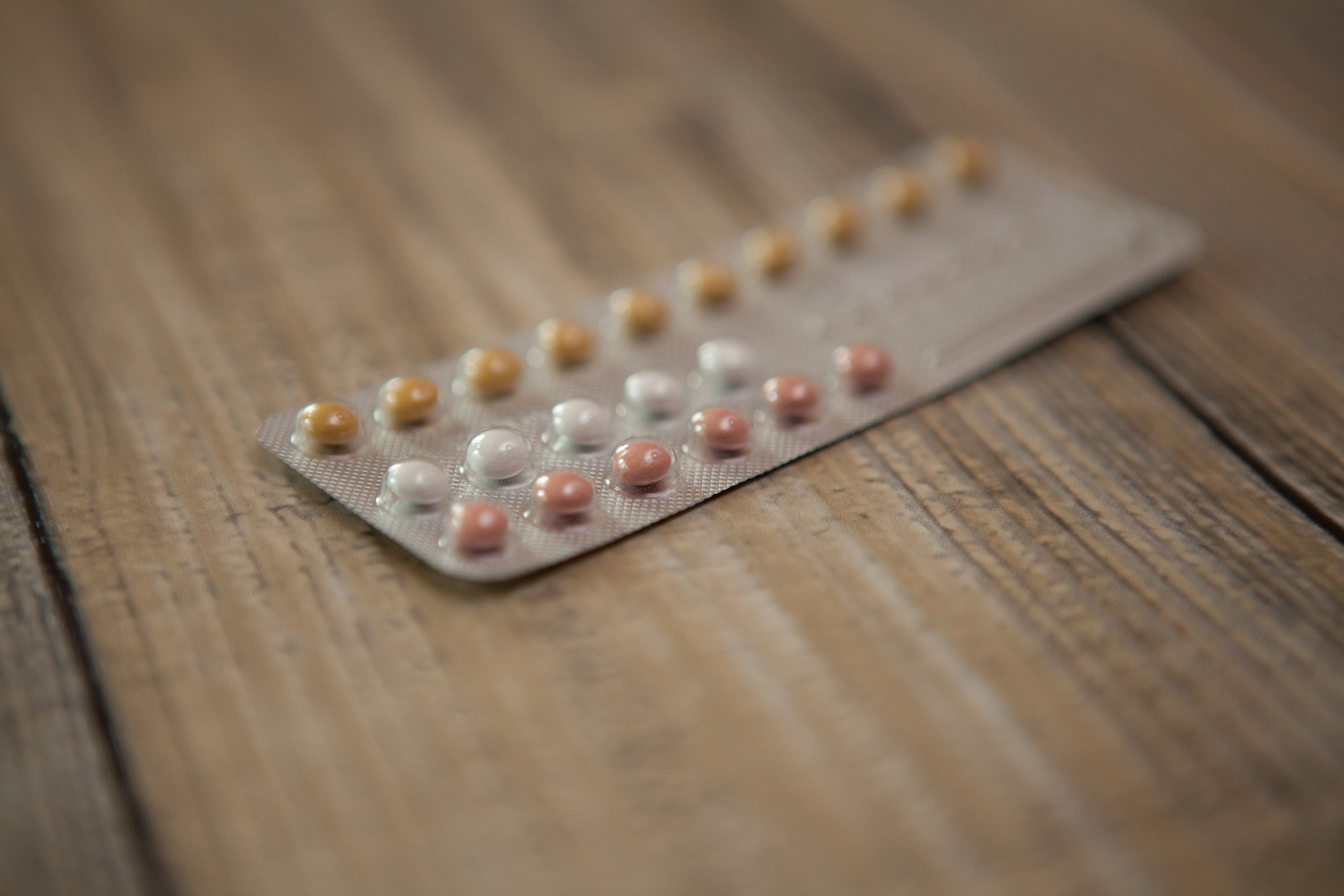From ‘bad hair days’ to smaller ‘pony tails’, and from clogged hair brushes to visible scalps. Thousands of women, especially young women, are suffering an epidemic of hair loss and thinning issues which are leaving them feeling psychologically and emotionally affected.
There are lots of reasons why you can lose your hair, such as, child birth, illness, nutritional deficiencies and thyroid disease, but who would think of adding the contraceptive pill to that list?
Since approval by the FDA in 1960, oral contraception (the Pill) has become one of the most popular forms of birth control used today. Millions of women are ‘prescribed’ the Pill each year in this country, but very few are aware that oral contraceptives are a common trigger of hair loss and hair thinning.
More young women are using the pill at a much younger age, without knowing or understanding the potential impact it can have on the hair follicles on their scalp.
The American Hair Loss Association (AHLA) warned about the impact of hormonal birth control on hair. In a 2010 statement, the AHLA said that ‘it is imperative for all women especially for those who have a history of hair loss in their family to be made aware of the potentially devastating effects of birth control pills on normal hair growth’.
Progestins are synthetic progestogens, medications that have effects similar to those of progesterone. The most common use of progestins are for hormonal contraception (either alone or with an estrogen).
Some birth control pills contain a progestin with a high androgen index (male hormones) and these act like testosterone in the body. A synthetic progestin with a high androgen index increases the amount of testosterone in the body. If you have an excess of free testosterone floating around the body it converts to Dihydrotestosterone (DHT).
In people that are genetically predisposed, the presence of these synthetic progestins can contribute to the shrinking of hair follicles. Genetic sensitivity means the excess DHT in the body blocks the blood capillaries in the scalp which causes the follicle to get smaller and constricts normal hair growth so it gets finer and finer until in extreme cases the follicles stop producing hairs altogether.
Progestins with a high androgen index include, Norgestrel, Etonogestrel, Medroxyprogesterone and Levonorgestrel. Levonorgestrel is one of the most popular prescribed progestins and has a high androgen index.
A recent patient that visited The HairPhysio had been taking the contraceptive pill with the active ingredient Levonorgestrel for five years. The patient suffered substantial miniaturisation of the hair follicles.

Genetic hair loss in women is not necessarily identical to men, men will normally start to recede around the temples and the crown may start to become obvious. With women one of the first signs something is changing with the hair, is the widening of the parting or the hair doesn’t ‘behave’ in the normal way.
If you think you might have a genetic sensitivity, and are taking a high androgen index pill, you may wish to switch to a low androgen index pill, or even a non-hormonal solution. Progestins with a low androgen index include, Desorgestrol, Gestodene and Cyproterone Acetate.
Switching to a low androgen index progestin birth control pill can lead to an increase in blood supply to the follicle, which in turn increases the diameter of the hair.
We recommend you speak to your GP and find the best birth control method for you.
It’s important to get any underlying medical conditions ruled out such as PCOS, Hashimotos or Graves disease etc.
If you thought this article was interesting please feel free to share with your friends on your social channels by clicking on the button.

